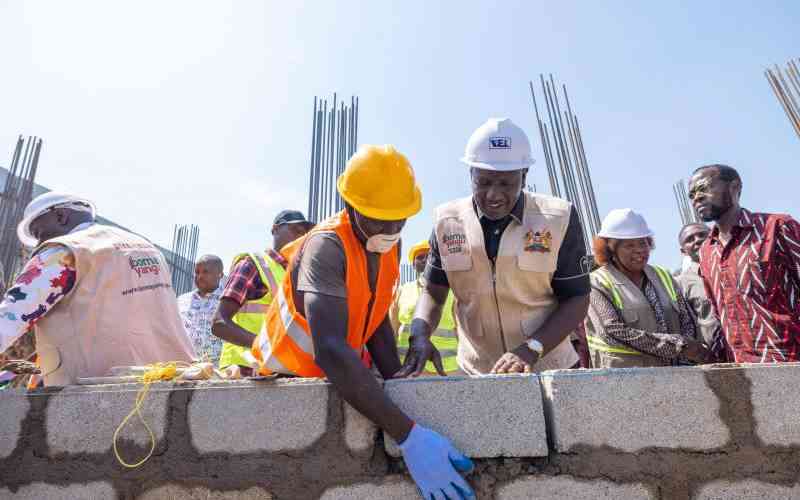
One of President William Ruto's pet projects, the Affordable Housing Programme, appears to be running into trouble at every turn. The Affordable Housing Levy caused a ruckus when it was introduced by the Finance Act of 2023, becoming one of the most contested clauses of a Finance Act before the levy was regularised by the Affordable Housing Act of 2024. It has now emerged that there are no enough takers for the thousands of units that the government has built.
Due to different factors including high prices, perceived or real, of the units or the undesirable conditions that Kenyans must fulfil to be eligible, the houses appear not to attract much interest. This is despite home ownership being up on the list of aspirations of many Kenyans. Recent reports show that the government is struggling to offload the completed houses and has sold just a handful of the about 103,000 homes completed since September 2022.